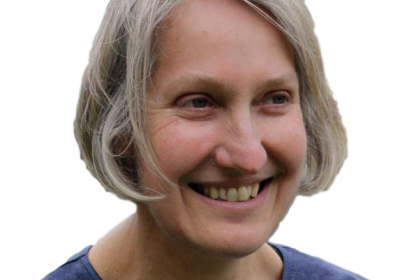The size — and composition — of the national vigils for comedian Eurydice Dixon on June 18 has given us some hope that with a growing awareness about violence against women we can achieve at least some of the measures we so desperately need.
Not since the community response to Jill Meagher’s murder in 2012 have so many people taken to the streets to demand that women have the right to live free of fear.











